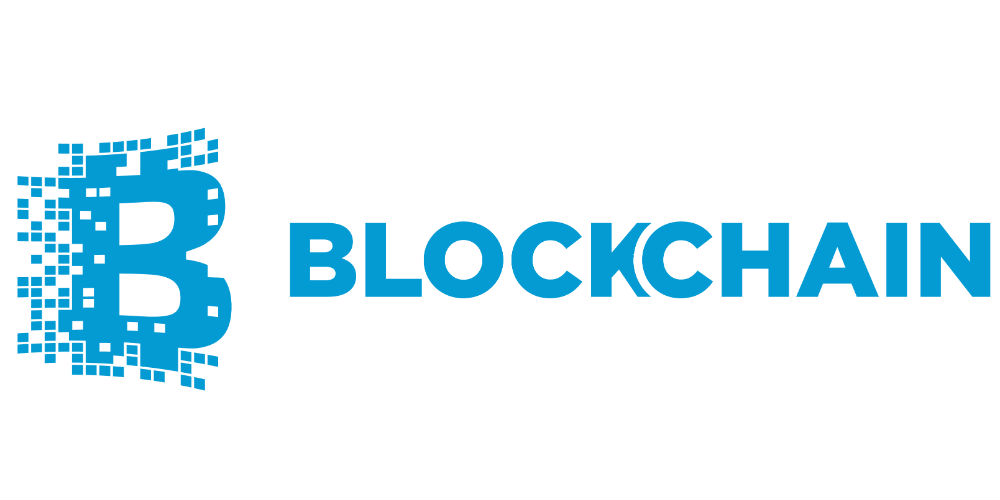Spotify has acquired blockchain technology… how will the distributed ledger affect your credit union?

Last month, Mediachain Labs, a blockchain operator, was acquired by Spotify, a popular audio streaming service. The goal of the acquisition is to utilize the new technology to help track and appropriately pay the correct people when songs are played on Spotify. This is especially challenging with Spotify’s impressive growth in both users and song selection.
What is Blockchain?
In a fascinating TED Talk, Bettina Warburg defines blockchain as “a de-centralized database that stores a registry of assets and transactions across a peer-to-peer network.” The network is essentially unforgeable as it is cryptographically linked, secured, and replicated on every network computer. This security greatly lowers uncertainty and makes it possible to radically transform our economic systems. In other words, it is a distributed ledger that allows people to interact and trade with low uncertainty through technology, rather than governments and corporations. While often associated with cryptocurrencies such as Bitcoin, blockchain is also being used or considered for a growing number of additional applications including voting, file storage, user authentication, and more.
Why Does Spotify Care?
Spotify boasts over 100 million active users across 60 countries, 30 million songs, and as of September 2016, paid $5 billion to rightsholders. Managing such an extensive and complex library creates a legal puzzle of how to correctly pay out royalties. Even with the right intentions, companies such as Spotify run into massive problems determining rights ownership.
There are a number of stories, like this one, in which Spotify settled to pay $30 Million for unpaid royalties. In response to these lawsuits, Spotify has expressed it plans to pay the rightsholders appropriately, but “unfortunately, especially in the United States, the data necessary to confirm the appropriate rightsholders is often missing, wrong, or incomplete”, and that, “When rightsholders are not immediately clear, we set aside the royalties we owe until we are able to confirm their identities.”
With the Mediachain acquisition, Spotify will be able to utilize blockchain technology to effectively allow music creators and rightsholders to prove their identities and ownership to improve the royalties process. As Jesse Walden, Mediachain Cofounder, stated, “A music blockchain would be a single place to publish all information about who made what song, without having to trust a third-party organization.”
Takeaways for your Financial Institution
Similar to Spotify’s purpose for investing in blockchain, credit unions and other financial institutions have a lot of room to benefit from blockchain’s ability to successfully verify and track transactions in a quick and secure manner. By decentralizing the authority of trust across the network, the need for a middleman, central bank, or other third-party is eliminated. This distributed ledger allows for a peer-to-peer network that is extremely reliable and essentially un-hackable. Major banks and innovators expect blockchain to be the way of the future, and have already been heavily investing in the technology. Credit unions have a lot to gain from the technology, and cooperatively can make the fast, secure, and validated payments a reality for their members.
John Best, CEO, Best Innovation Group, will be leading a session titled “CU Ledger – Credit Union Use Cases” at the Analytics and Financial Innovation (AXFI) Conference in Minneapolis, MN, June 11-14, 2017. To learn more about the conference and have an opportunity to see this innovative and informative presentation, register at http://www.axficonference.com/.





